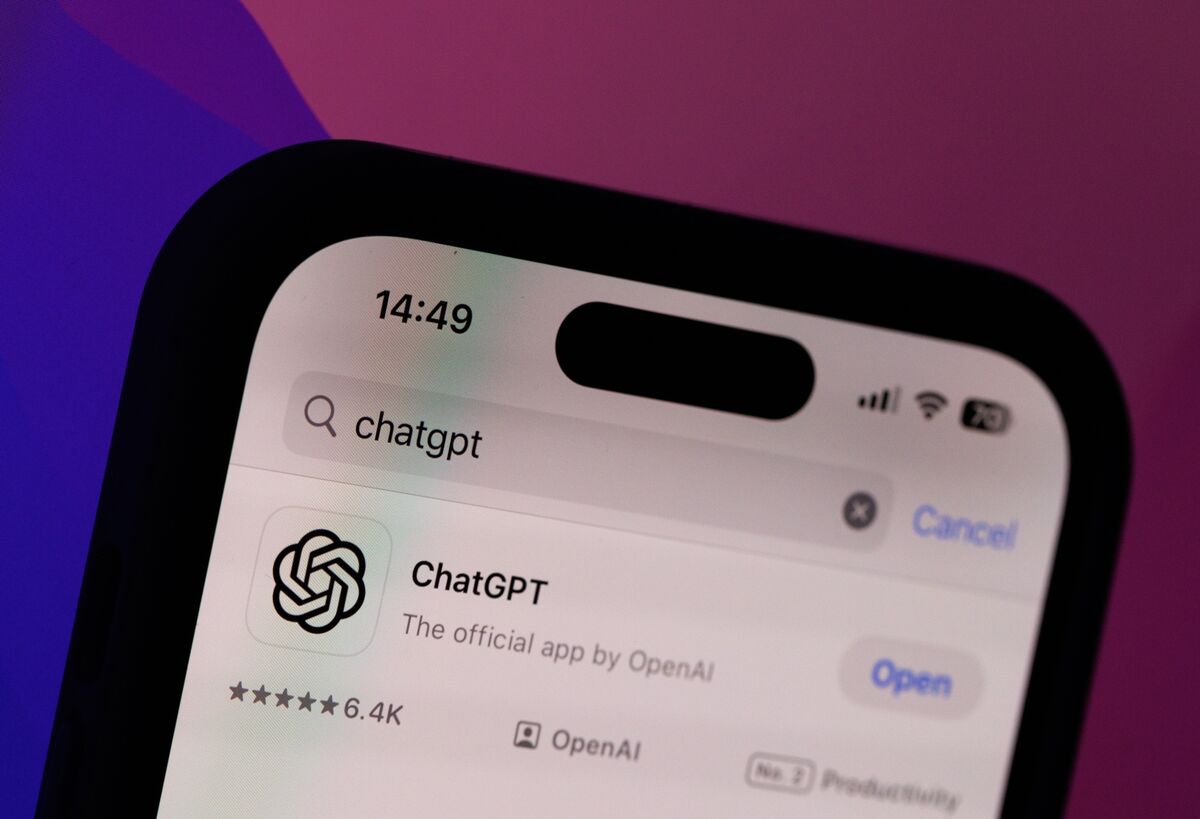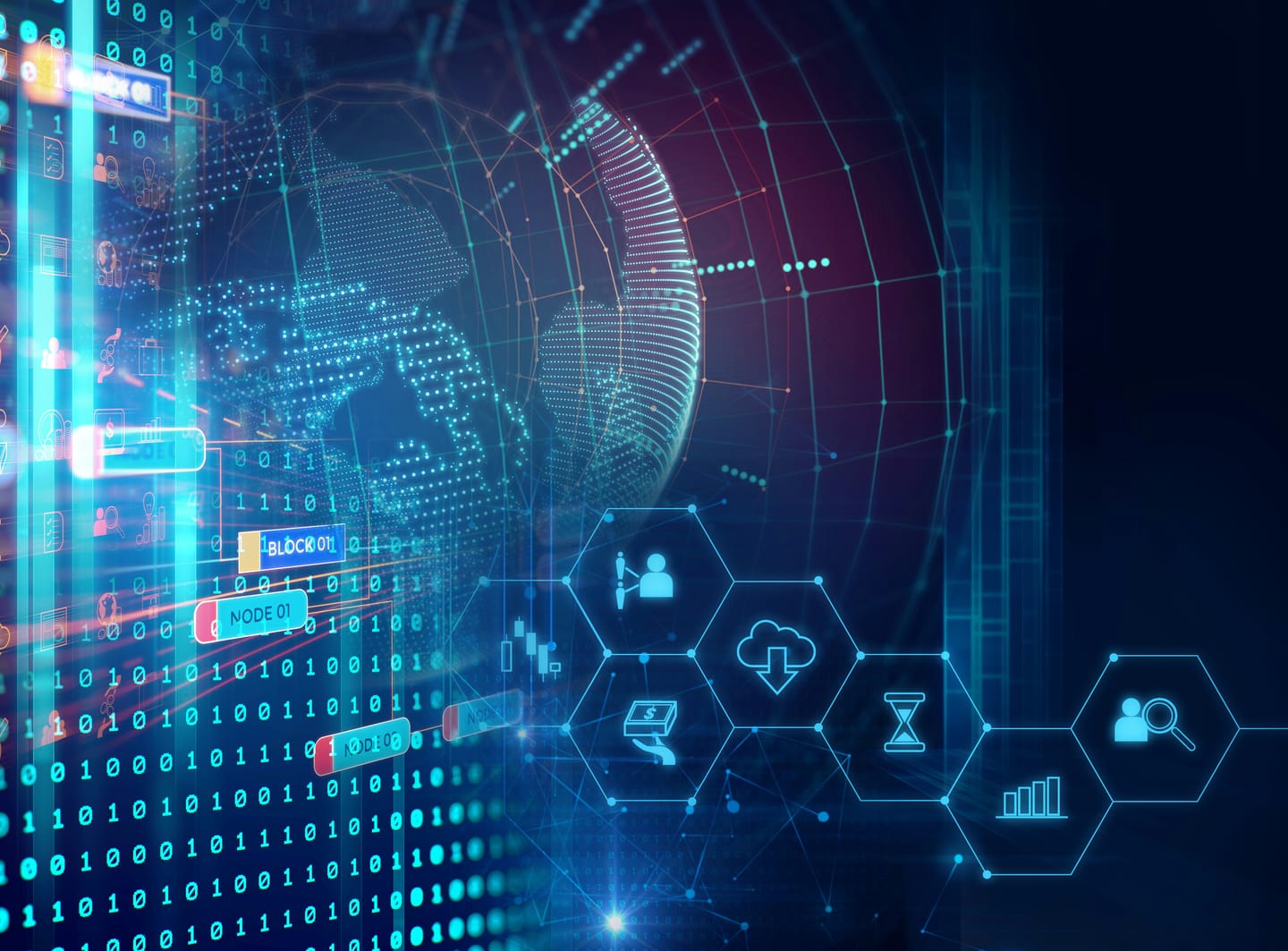In September 2025, security researchers revealed a vulnerability that allowed ChatGPT to leak sensitive Gmail data. OpenAI responded swiftly, patching the flaw shortly after disclosure, but the incident highlights the significant privacy risks associated with overreliance on AI-powered agents. According to the researchers, the model could be manipulated into fulfilling requests that granted access to confidential emails.
The investigation showed that ChatGPT was tricked into extracting information from Gmail accounts through a third-party application. The weakness did not lie in Google’s systems but in the operational logic of AI agents, which in some cases fail to detect malicious prompts. Although OpenAI promptly resolved the issue, the researchers stressed that the case illustrates the fragility of integrations between AI systems and external services when robust safeguards are not in place.
The long-term significance of the case lies in expert warnings that similar attacks could recur in the future. While this specific vulnerability has been fixed, the incident serves as a reminder that comprehensive cybersecurity assessments are essential before deploying AI agents at scale. Connecting AI with cloud-based services can deliver major efficiency gains, but this case demonstrates that protecting data security and user trust must remain a top priority.
Sources:
1.

2.

3.











